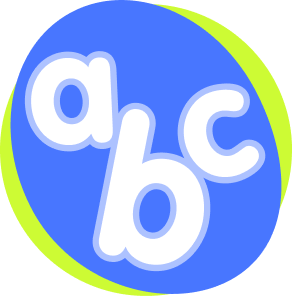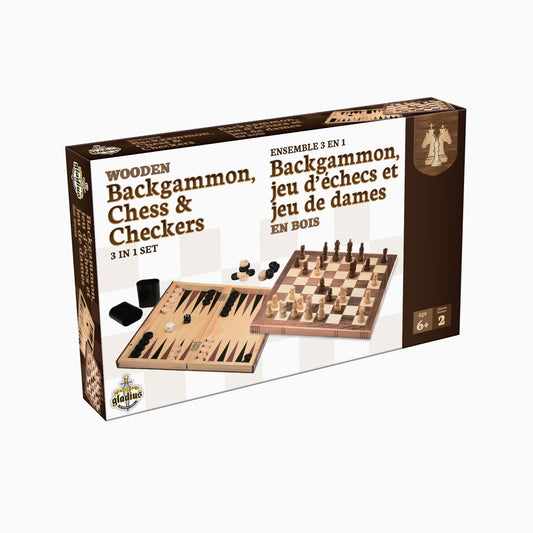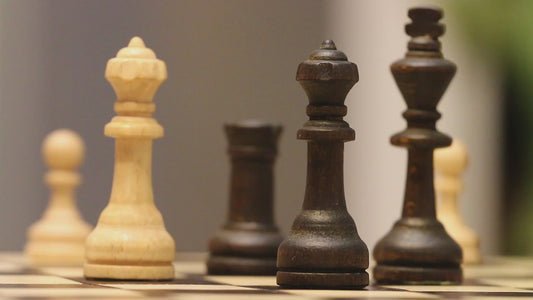
Reading writing
A little theory...
Before starting to learn a language, we first talk about awakening. Awakening to reading and writing should be seen as a way of making the child aware of the language in a pleasurable way. Awakening to reading and writing begins long before the child can read and write, not even in an unconventional way. This suggests that reading and writing become part of a child's life long before he or she goes to school, by acquiring more or less precise knowledge of these two language skills or by watching what's going on around him or her. It's important to take the time to observe children in order to encourage them to go further, to answer their questions and to help them make logical connections. Once the foundations have been laid, it's time to support the refinement of this knowledge.
How to stimulate reading and writing awareness through play?
Time spent teaching and reinforcing the core process of reading is probably the best way to stimulate reading skills. Any activity that contributes to the development of language skills is appropriate, but from the age of 5 onwards, we should introduce more systematic exercises that take place in a play context and last 5 to 20 minutes a day. Certain actions can stimulate the development of reading and writing skills. For example, take the time to tell your child that you are reading the rules, have fun recognizing letters, follow with your finger as you read the title of the game (guided reading) you have chosen, get your child into the habit of reading before starting a game, and take the pictures or cards right side up in his hands.
How can you support school learning through play?
Games that deal with theoretical concepts such as grammar or language learning are a good way of letting your child know how important school is to you. As the child is motivated by play, he may be more interested in reading and understanding the rules of a new game than struggling to read a book. The nature of the games he's interested in will also give you clues as to which books or subjects he'd like to learn more about. Playing Aragon's Amos may encourage your child to read the novels of the same name! If your child loves the Pharaoh's Pyramid, suggest an Internet search on the subject. It's important to remember that play is not a task for children, but a moment of pleasure.
Article on this topic based on...
Shaffer, D. (2010). Developmental psychology: childhood and adolescence, Brooks/Cole Publishing Company.
http://www.votre-enfant.com/wiki/Le_d%C3%A9veloppement_psychomoteur_de_l%27enfant_%28partie_1%29





